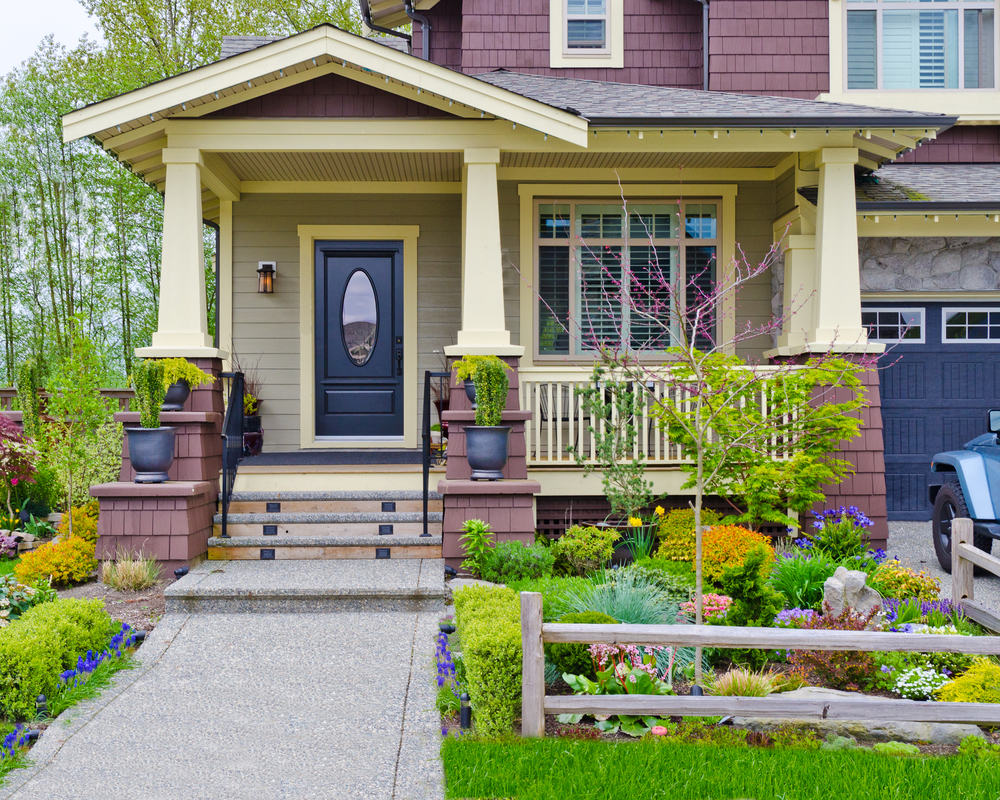It’s important to ensure your home’s value comes out as high as possible in an appraisal. After all, most of the offers you’ll receive require the buyer to get financing through a mortgage lender.
Essentially, the higher the appraised value of your home, the more seamless the home selling process will be.
Taking the time to prepare your home for an appraisal is your best chance of increasing its appraised value. Here are nine tips to help.
Read More

